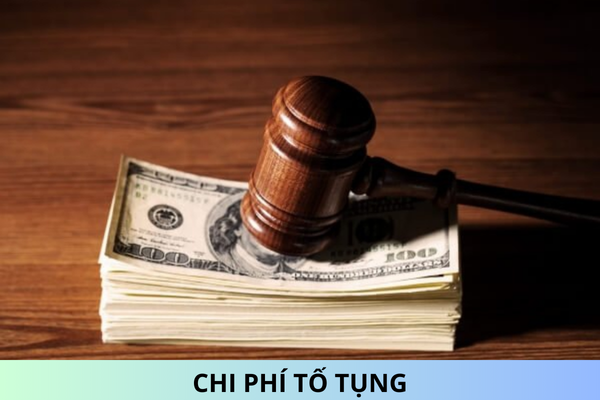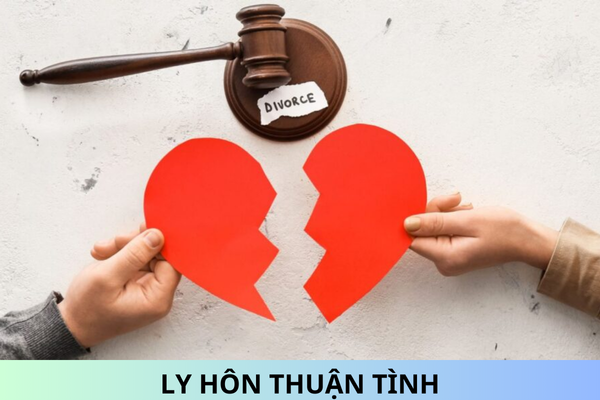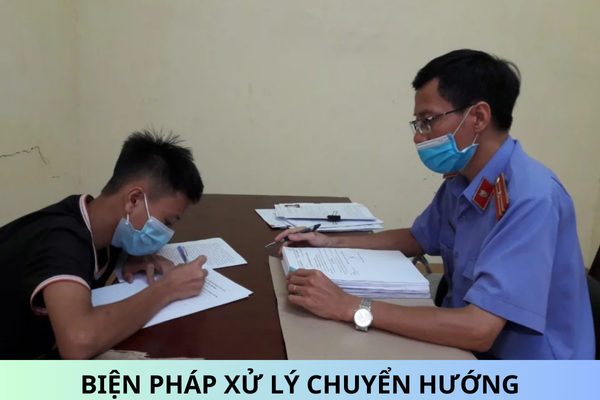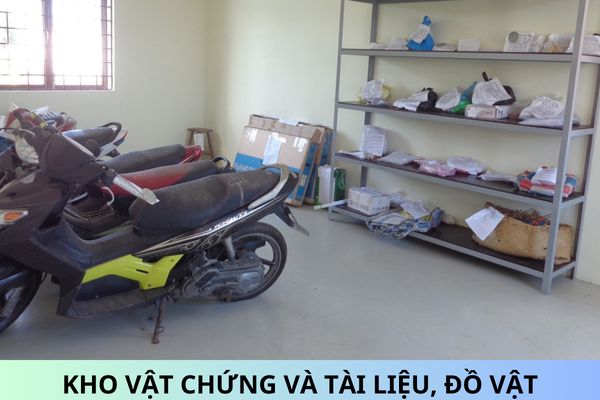How to receive, process and resolve reports and information about crimes related to crime scene examination and autopsy in Vietnam?
How to receive, process and resolve reports and information about crimes related to crime scene examination and autopsy in Vietnam? What is the authority to exercise prosecutorial power, supervise crime scene examination, autopsy, experimental investigation and assessment in Vietnam? What are regulations on the activities of the Prosecutor before examining the crime scene in Vietnam?
Thank you!
How to receive, process and resolve reports and information about crimes related to crime scene examination and autopsy in Vietnam?
Pursuant to Article 27 of the Regulations on the practice of prosecutorial power, supervision of prosecution, investigation and prosecution issued together with the Decision 111/QD-VKSTC in 2020 stipulating regulations on receiving, handling and resolving reports and information about crimes related to crime scene examination and autopsy in Vietnam as follows:
1. Leaders of units and leaders of institutes shall assign duty prosecutors to work 24/7 to receive and manage all complaints and reports of crimes related to crime scene investigation and autopsy. The duty prosecutor shall record the complaint or report in a record book, clearly indicating the time, date, month, and year of receipt; the content of the complaint or report of a crime related to crime scene investigation and autopsy; the name, age, and address of the agency, organization, or individual providing the information; and promptly report to the leaders of the unit and the institute to immediately transfer the complaints and reports of crimes, along with related documents, to the competent investigating agency for handling. If the information is provided by the competent investigating agency, the duty prosecutor shall immediately report to the leaders of the unit and the institute on duty to promptly assign a prosecutor to exercise the procuratorial power and supervise the crime scene investigation and autopsy.
Prosecutors and inspectors must keep the personal information of individuals who provided complaints or reports related to crime scene investigations and autopsies confidential if requested.
2. Upon receiving notice from the competent investigating authority, unit leaders and Institute leaders must appoint Procurators to exercise prosecutorial power and supervise the scene examination and autopsy of all cases. All cases where the investigating authority conducts an autopsy according to the provisions of law.
For complicated cases, unsolved murder cases, traffic accidents, labor accidents with particularly serious consequences, cases with 02 or more corpses; Cases in which the offenders are intellectuals or religious dignitaries, highly reputable people from ethnic minorities, cases of special public interest, or other cases when considered If necessary, unit leaders and Institute leaders must directly work with the Procurator to exercise prosecutorial power and supervise scene examination and autopsy.
In case of necessity, the Director or Deputy Director of the lower-level Procuracy shall request the superior Procuracy to assign a Procurator to participate in exercising the right to prosecute and supervise the crime scene examination.
What is the authority to exercise prosecutorial power, supervise crime scene examination, autopsy, experimental investigation and assessment in Vietnam?
Pursuant to Article 28 of the Regulations on the practice of prosecutorial power, supervision of prosecution, investigation and prosecution issued together with the Decision 111/QD-VKSTC in 2020 stipulating the authority to exercise prosecutorial power, supervise crime scene examination, autopsy, experimental investigation and assessment in Vietnam as follows:
1. Authority to exercise the right to prosecute, supervise scene examination, and autopsy according to the authority to resolve criminal cases and according to territory. Cases of murder and suspected murder; labor accidents, traffic accidents; particularly serious and complicated fires and explosions or incidents involving foreign factors; Other particularly serious and complicated cases are examined by the Provincial Investigation Agency and the Military Region Military Investigation Agency under the jurisdiction of the People's Procuracy to exercise the right of prosecution and supervision. province, Military Procuracy at military zone level.
2. The competence to exercise the procuratorial power and supervise crime scene investigation and autopsy is based on the jurisdiction to resolve criminal cases and territorial jurisdiction. Murder cases, suspected murder cases; labor accidents, traffic accidents; serious and complicated fires or cases involving foreign elements; other serious and complicated cases investigated by the provincial investigation agencies or military investigation agencies at the military region level are under the jurisdiction of the provincial people's procuracies or military procuracies at the military region level to exercise the procuratorial power and supervise.
What are regulations on the activities of the Prosecutor before examining the crime scene in Vietnam?
Pursuant to Article 29 of the Regulations on the practice of prosecutorial power, supervision of prosecution, investigation and prosecution issued together with the Decision 111/QD-VKSTC in 2020 stipulating the activities of the Prosecutor before examining the crime scene in Vietnam as follows:
Before conducting a crime scene investigation, the prosecutor must take the initiative to gather information, request the investigator or investigating officer to report the content and initial development of the incident, and the work of preserving the crime scene, in order to participate in opinions on the preparation of the investigation, the investigation method, and proactively request the investigator or investigating officer to carry out the crime scene investigation, and check the full composition before conducting the investigation to ensure compliance with the provisions of Article 201 of the Criminal Procedure Code.
Best regards!











